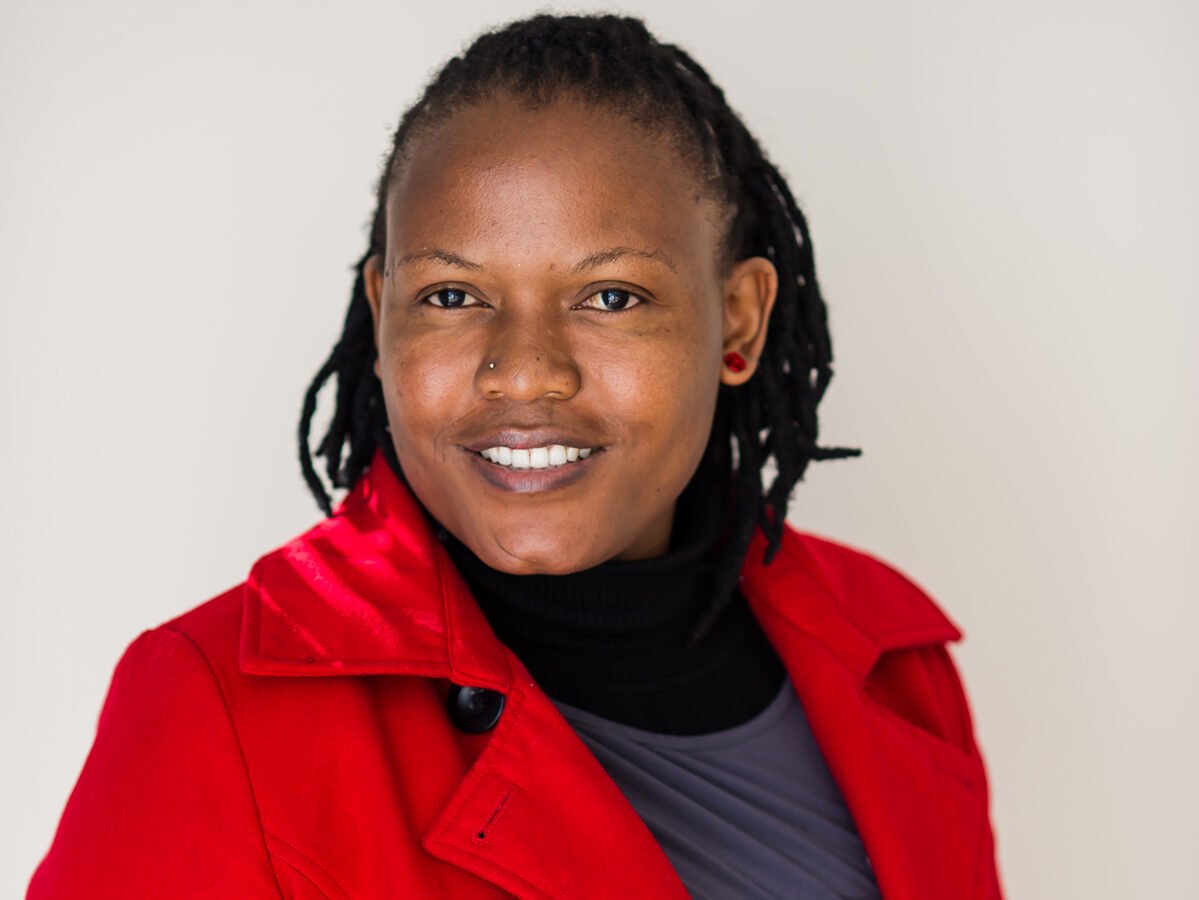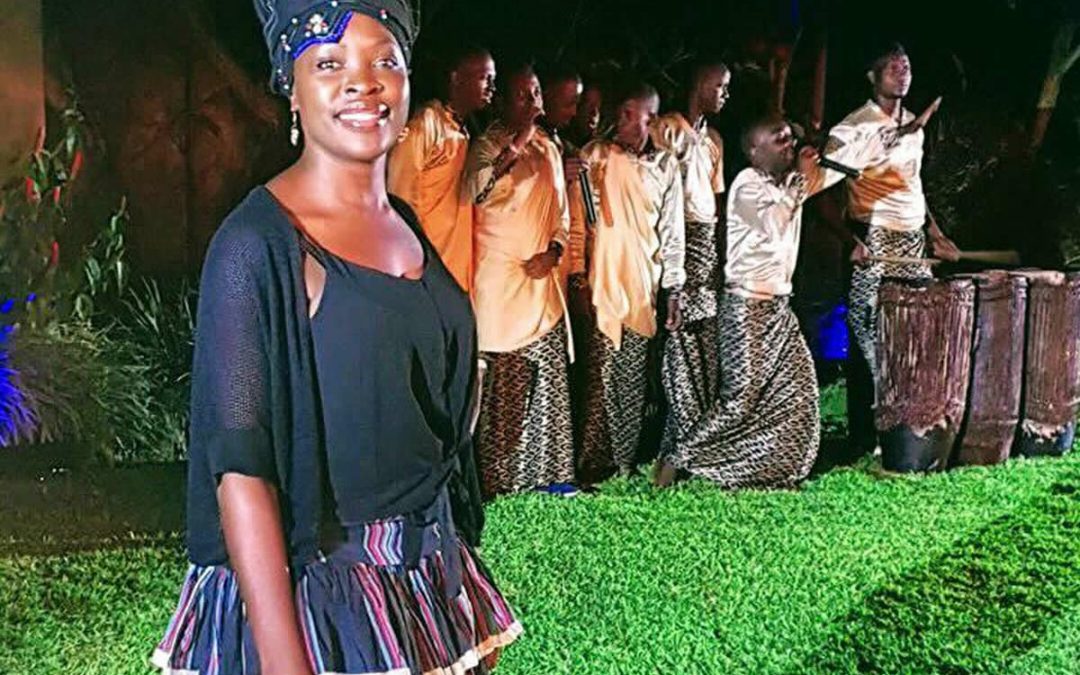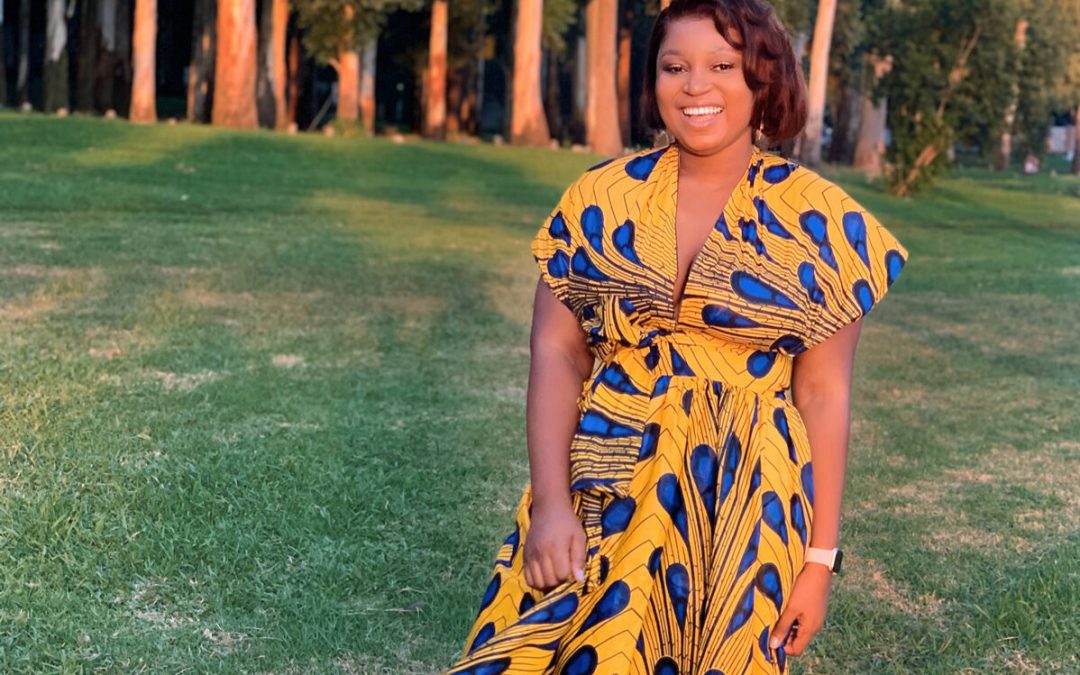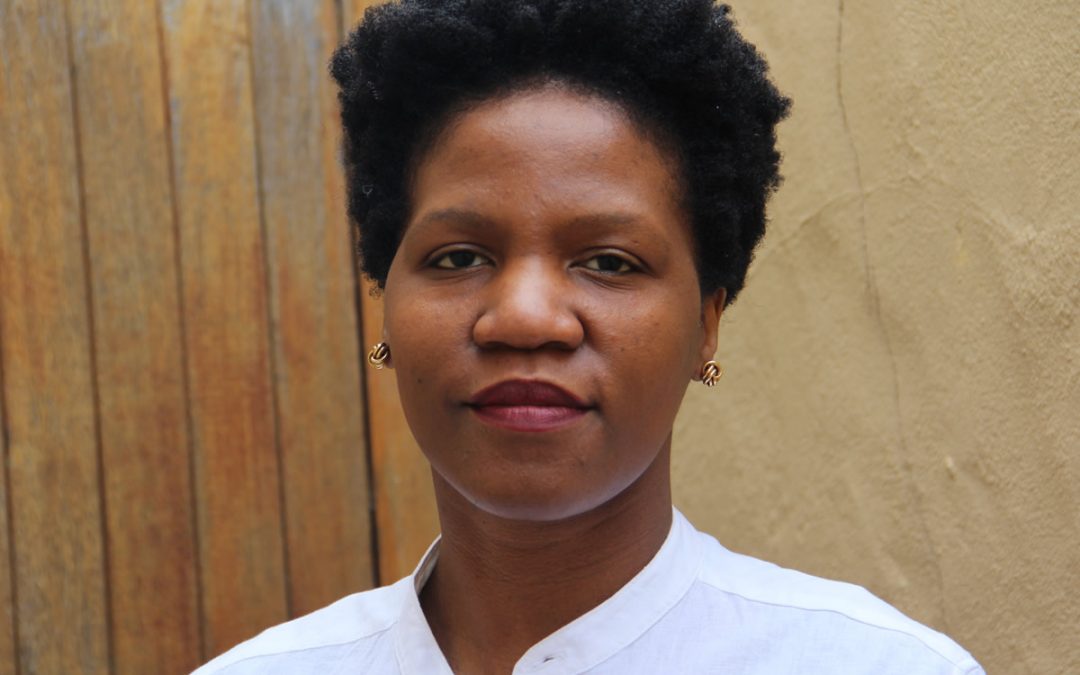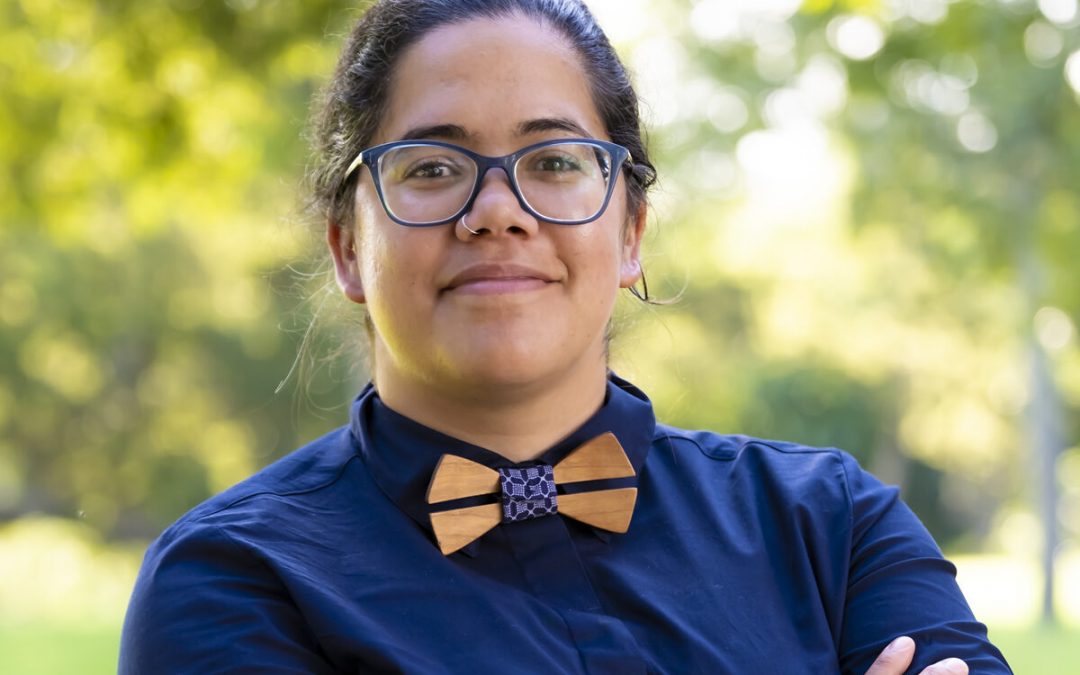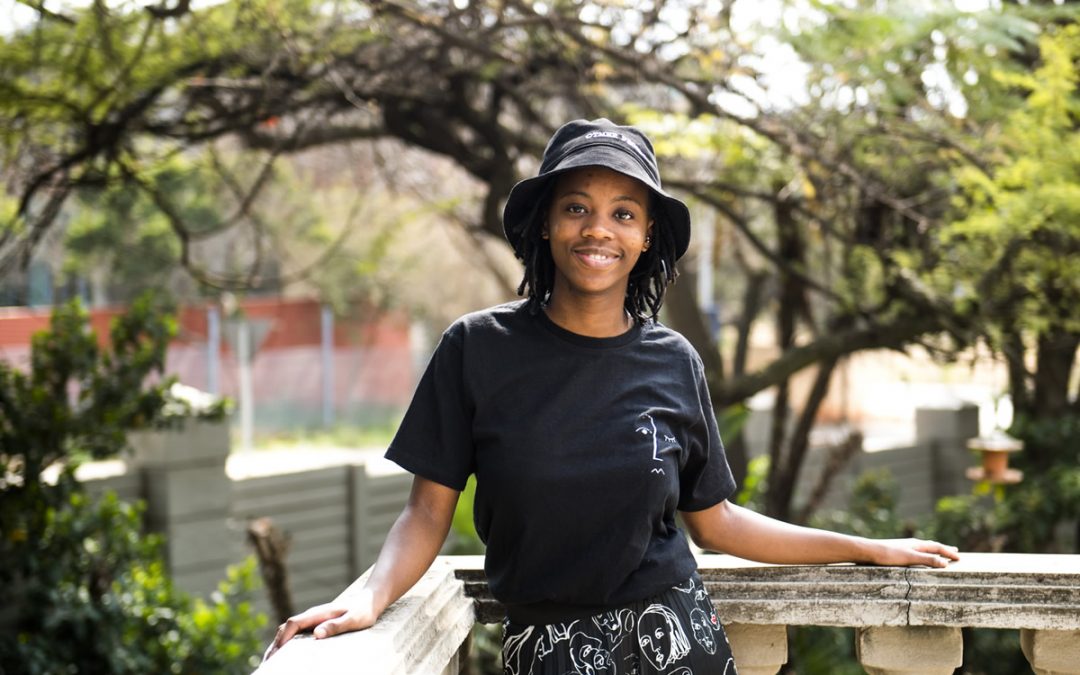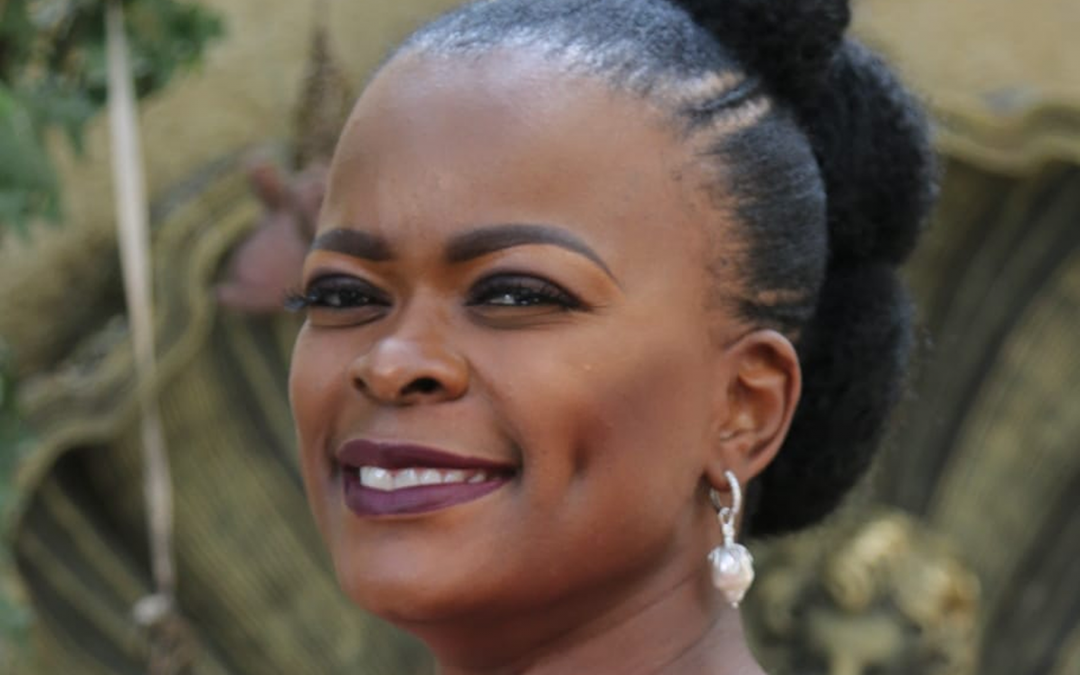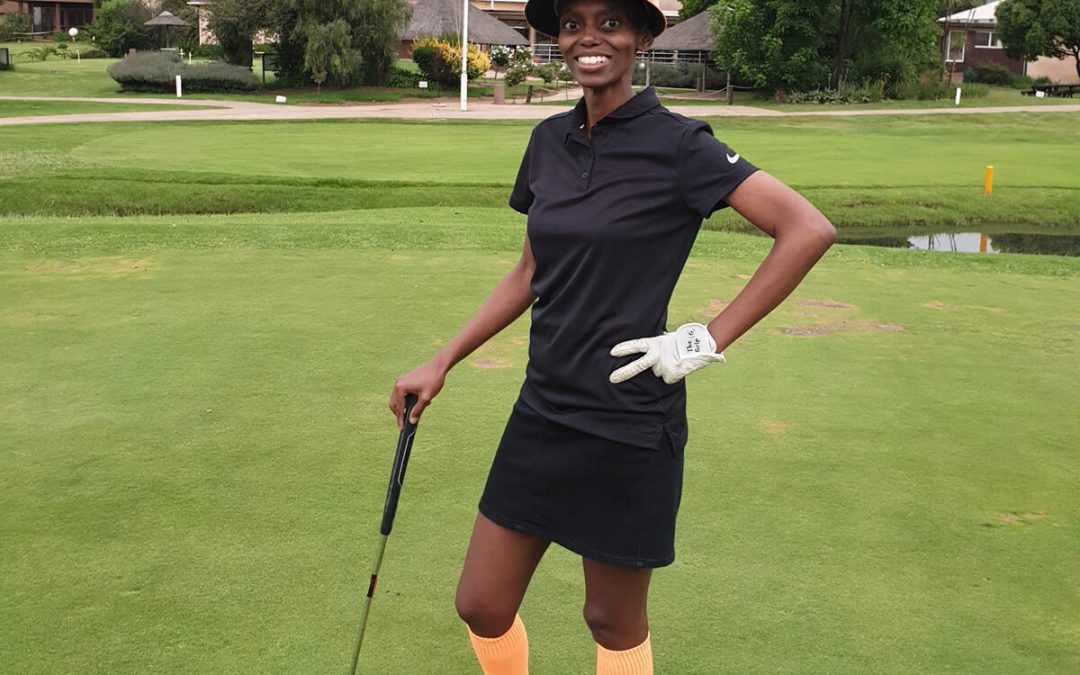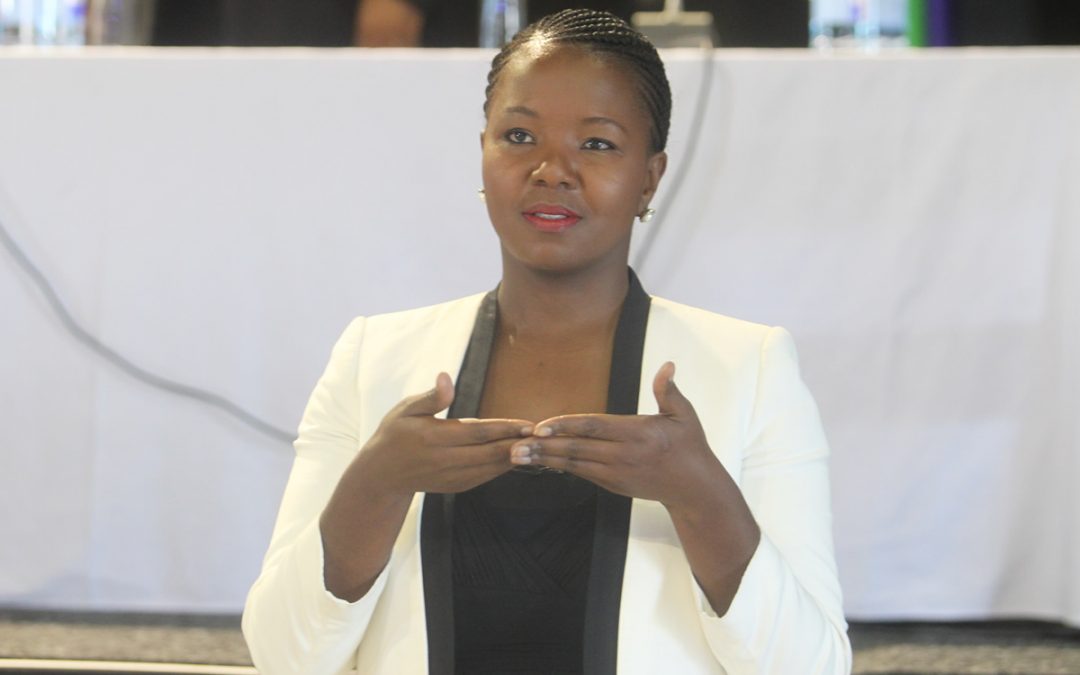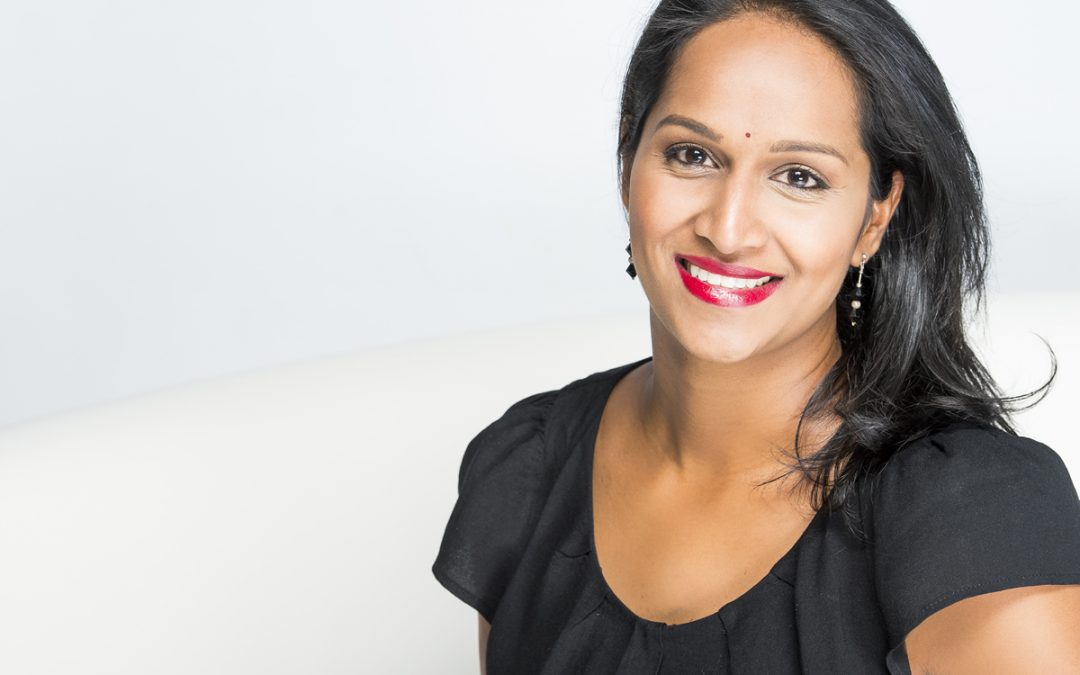For Hlengiwe Ndlovu being powerful means standing in the gap, inspiring hope and encouraging those who come after you that anything is possible.
Dr Hlengiwe Ndlovu’s many achievements are a testament to her continued commitment to social justice as an academic, policy maker and activist. She is a postdoctoral researcher at the Centre for Women and Gender Studies at Nelson Mandela University; a research fellow for Transforming Humanities Through Interdisciplinary Knowledge at the University of the Witwatersrand, and a research associate at the Society, Work and Political Institute.
Ndlovu’s community projects extend her passion for education as a tool of empowerment to disadvantaged households across South Africa. In 2017, she received the Canon Collins Trust Social Impact Award for her project Reading for Tomorrow, which promotes African literature and reading for pleasure among primary and high school children.
The knowledge that she is able to make a difference in individual lives is what motivates Ndlovu to do her work.
“People often tell me that had I not intervened, they or their child wouldn’t have made it to wherever they are now… This alone encourages me to wake up in the morning, face the next day with determination and resilience, and have the patience to carry on with the work.”
Central to Ndlovu’s activism is her continued fight for gender equality. She participates often in panel discussions and talk shows, exploring the many issues facing South Africa’s women, from violent crimes to body shaming. Despite national failings, Ndlovu remains optimistic that a more equal South Africa is within reach. It is, she suggests, a question of changing national ideals into actions through the sustained effort of individuals, communities and government.
Ndlovu has participated in projects with the International Human Rights Exchange and the African Centre for Migration and Society. She is a member of both the Board of Directors and Risk Committee at the Soul City Institute, an intersectional feminist organisation that champions the rights of women in South Africa. Ndlovu is the founder of several grassroots programmes, including Reading for Tomorrow and Operation Buyela Es’kolweni.
Reflecting on the significance of Women’s Day earlier this month, she told radio host Clement Manyathela: “The commemoration shouldn’t be just a ceremonial event. If there is a belief in a just society, there needs to be a commitment. It should be an everyday form of activism to expose these inequalities but also our duty to do everything in our little corners to thrive towards a just society.”
To Ndlovu, being powerful means standing in the gap, inspiring hope and encouraging those that come after you that it is possible, it can be done.
As for her advice to black women looking to pursue a career in scholarship, Ndlovu says: “Academia is no different from any other field — it is systematically structured by the same inequalities that structure South African society in general. That being said, you cannot be African, black, a woman and be mediocre at the same time. The world will not simply allow you to. Always do your work to the best of your ability. They might undermine you, but they will never erase you, because they will be forced to respect your work.”

